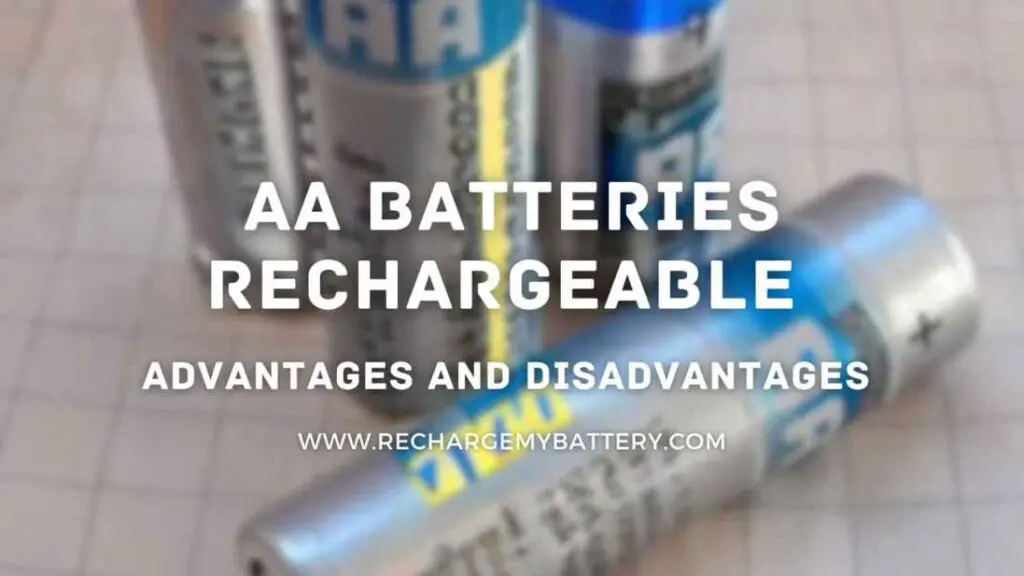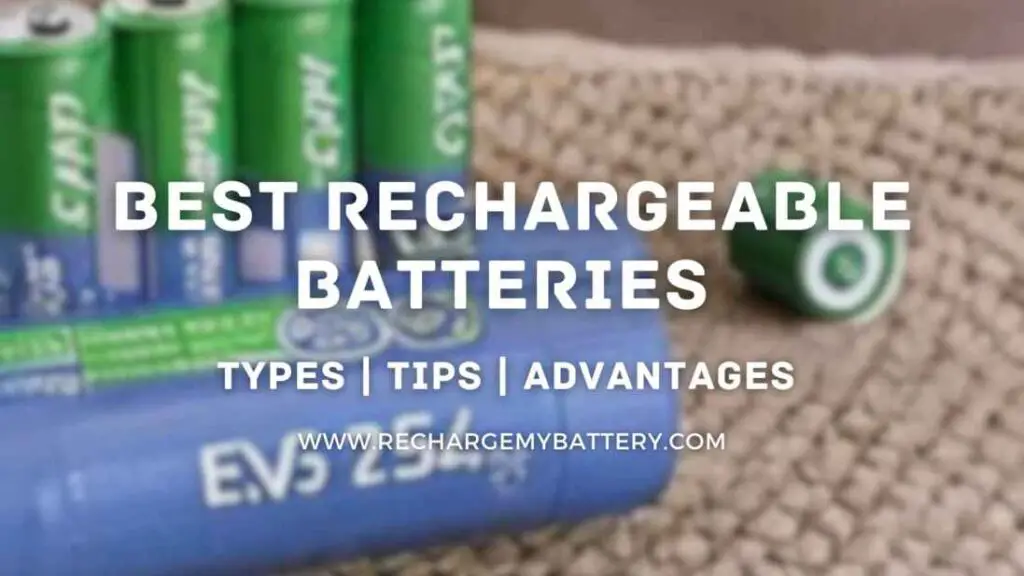In this article, we will explore the different types of batteries available for solar panels, factors to consider when choosing one, installation and maintenance tips, as well as the benefits they offer.
Understanding Solar Panel Systems
Solar panel systems consist of photovoltaic (PV) panels that convert sunlight into electricity. When sunlight strikes the surface of these panels, it excites electrons, creating a flow of electrical current. This generated electricity can either be used immediately or stored for later use. While solar panels directly power appliances during daylight hours, the surplus energy can be stored in batteries for later consumption.
The Need for Energy Storage
Solar panel systems connected to the grid can export excess energy, but this surplus electricity is often wasted if there is no way to store it. Additionally, solar panels cannot produce electricity during the night or in inclement weather. To ensure a continuous power supply and make the most of solar energy, batteries are essential. These batteries store excess energy generated during the day and release it when sunlight is unavailable, enabling a consistent power supply.
Types of Batteries for Solar Panels
1. Lead-Acid Batteries
Lead-acid batteries are the oldest and most common type of batteries used with solar panels. They are affordable and have been extensively used in off-grid solar systems. However, they require regular maintenance, have a shorter lifespan compared to other battery types, and contain hazardous materials.
2. Lithium-Ion Batteries
Lithium-ion batteries have gained popularity in recent years due to their high energy density, long cycle life, and low maintenance requirements. They are lightweight, have a compact design, and can efficiently store and deliver electricity. Although lithium-ion batteries are more expensive up front, their longer lifespan and higher efficiency make them a cost-effective choice in the long run.
3. Saltwater Batteries
Saltwater batteries, also known as aqueous batteries, are an eco-friendly alternative for solar panel systems. They use a saline solution instead of toxic chemicals, making them safer to handle and dispose of. Saltwater batteries have a longer lifespan compared to lead-acid batteries but are less efficient and have lower energy density than lithium-ion batteries.
4. Flow Batteries
Flow batteries utilize chemical components stored in external tanks and work by passing the electrolyte solution through a cell stack to produce electricity. They offer scalability and extended cycle life, making them suitable for large-scale solar panel installations. However, flow batteries are still in the early stages of development, and their cost remains relatively high.
Factors to Consider When Choosing Solar Panel Batteries
When selecting batteries for solar panels, it’s important to consider the following factors:
1. Capacity
The capacity of a battery determines the amount of energy it can store. It should be chosen based on your energy consumption needs and the desired backup power duration.
2. Efficiency
Battery efficiency refers to the amount of energy that can be stored and discharged without significant losses. Higher efficiency batteries ensure better utilization of solar energy.
3. Cycle Life
Cycle life represents the number of charge-discharge cycles a battery can undergo while maintaining its performance. Batteries with longer cycle lives are more durable and cost-effective.
4. Maintenance Requirements
Different battery types have varying maintenance needs. Consider the maintenance efforts required, such as checking electrolyte levels or equalizing charges, and choose a battery that suits your preference.
5. Cost
Evaluate the upfront cost, long-term cost, and return on investment for the battery. While lithium-ion batteries may have a higher initial cost, their longer lifespan and efficiency can result in overall cost savings.
Installing and Maintaining Solar Panel Batteries
1. Battery Placement and Wiring
Proper battery placement and wiring are crucial for optimal performance and safety. Place the batteries in a well-ventilated area away from direct sunlight and extreme temperatures. Ensure correct polarity and follow the manufacturer’s guidelines for wiring connections.
2. Monitoring and Maintenance
Regularly monitor battery voltage and state of charge to ensure they are operating within the recommended range. Perform periodic maintenance tasks such as cleaning terminals, checking electrolyte levels (if applicable), and inspecting for signs of damage or corrosion.
Advancements in Solar Panel Battery Technology
As solar energy technology advances, so do battery technologies. Researchers and manufacturers are continuously working to enhance the efficiency, lifespan, and sustainability of solar panel batteries. Advancements include the development of solid-state batteries, improved energy storage materials, and integration with smart grid systems for enhanced monitoring and control.
Benefits of Using Batteries for Solar Panels
Using batteries in conjunction with solar panels offers several advantages:
- Energy Independence: Solar panel batteries allow you to store excess energy and become less reliant on the grid, providing greater energy independence.
- Backup Power: During power outages or periods of low sunlight, solar panel batteries ensure a continuous power supply, allowing you to run essential appliances.
- Optimal Energy Utilization: With batteries, you can maximize the use of solar energy by storing surplus electricity and utilizing it during non-productive hours.
- Reduced Energy Costs: By storing and using your own solar energy, you can reduce your reliance on utility-provided electricity, leading to potential cost savings.
- Environmental Benefits: Utilizing solar panels and batteries reduces dependency on fossil fuels, lowers greenhouse gas emissions, and contributes to a cleaner and more sustainable future.
Conclusion
Batteries for solar panels are essential components that enable a reliable and uninterrupted power supply from solar energy. By selecting the right battery type, considering important factors, and following proper installation and maintenance practices, you can enhance the efficiency and effectiveness of your solar panel system. Embracing solar panel batteries empowers individuals and communities to harness sustainable energy sources and contribute to a greener planet.
Thank you for reading it.

